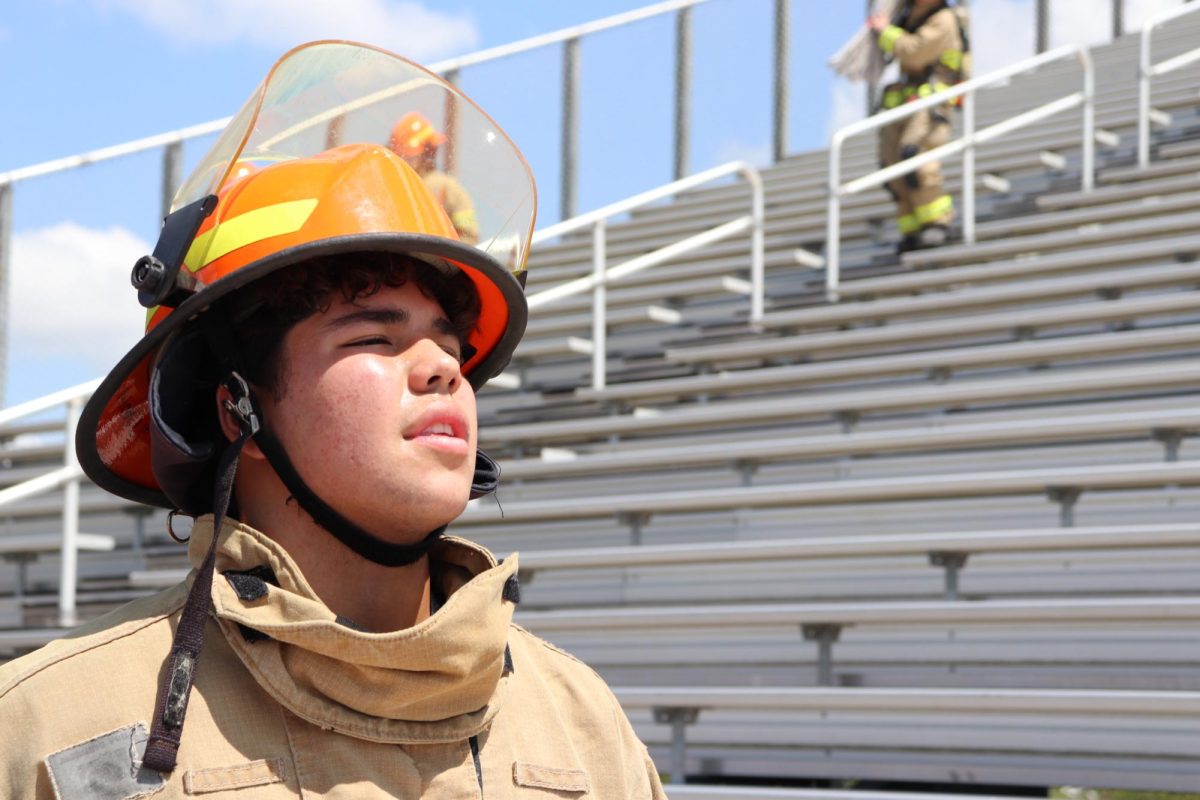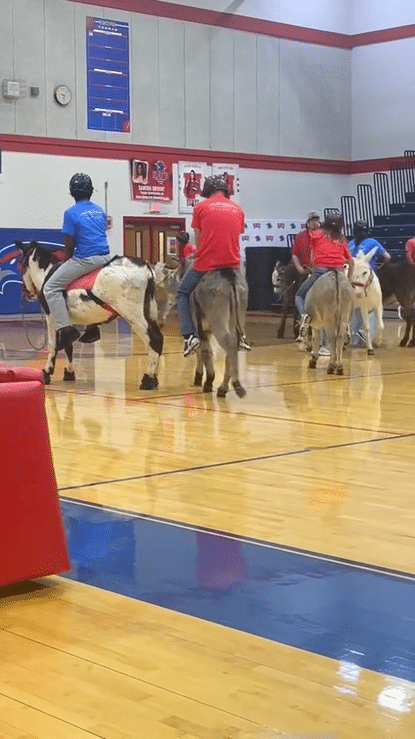Drug testing in Hays CISD
students question the proposal
February 17, 2020
With a proposed drug testing policy surfacing in Hays CISD, my questions are: Will this help students in any way? How will this affect students? My personal opinions and research explored the proposal to randomly test athletes and students with parking permits. My research is in effort to determine if drug tests are necessary.
I started off interviewing several people on why they either agree or disagree with the new drug testing policy rumors. Here are the responses from students who did not want their names used here:
“I don’t think it will help that much because kids are smart and they know how to cheat their way out of failing a drug test.” -Anonymous Hays student
“What would that even do to benefit the school or the students? High school is the time you’re supposed to find yourself and who you are, but if the schools constantly attempting to micromanage your decisions, how are they teaching you to make your own life choices of what’s right and what’s wrong? This will affect the students by being restricted by HHS administration more than they already have, with no real reasoning as to why.” – Anonymous Hays student
“My school drug tests students, and I think it hurts people more than it helps because the students get kicked out of school and are punished instead of helped. It’s also wasting the parent’s money since they have to pay tuition, and I’m pretty sure legally they can’t kick you out of school.” -Anonymous private school student (Austin area)
“My question is why does this matter? I think it is a parent’s responsibility if at all, to manage their children. And what goes on outside of school is not really the school’s business unless a student is directly asked for the school’s help.” -Anonymous Hays student
I did some research to see what other people have said and to quote a Washington Post editorial, “The test may violate students’ privacy by making their personal medications or recreational medications known by school administrators. And they may subject students disciplinary action, like harsh long-term punishments such as suspension or expulsion, which ultimately may harm their academic prospects.”
Isn’t that what we don’t want? The ultimate goal of school is to teach kids to learn and speak for themselves, not let someone deliberately tell us right from wrong without reason. And what would be the punishment? Unless the student is in immediate danger, then why jeopardize someone’s academic success without reason?
Doing some additional fact-checking I looked at centeronaddiction.org , and here is what they said: “Some schools have expanded their drug testing to other groups of students like students who drive to school, attend dances or even the entire student body.”
Some school administrators would say drug testing is helping to detect and intervene before addiction happens, but in my personal experience, I don’t know anyone in the student body who does any addictive drugs. Most teens are likely to use alcohol and of course marijuana, which in fact is not a physically addictive drug. I think what we’re doing with the drug dogs is perfectly fine. The real problem I think HHS administration needs to work on is checking if students are mentally stable and okay, considering many high school students have depression DUE to school, and we should have opportunities to relax and calm down instead of just pulling through in every single class seven hours a day. Maybe they should worry if students have enough time to do homework, or if they are making enough money to pay the bills instead of focusing on primarily marijuana-related cases which is barely harming society if at all.
Opponents argue that the tests are expensive and the money could be spent on better things like new technology, or even hand dryers in the bathrooms. Students could cheat the drug tests, be punished for a positive test, faulty tests, and people of color could be disproportionately impacted. Our tax money should and could be spent on more important school-related necessities rather than money spent on an invasion of privacy.
*A comprehensive article about the superintendent’s proposal will run in our March issue of The Nation magazine.






